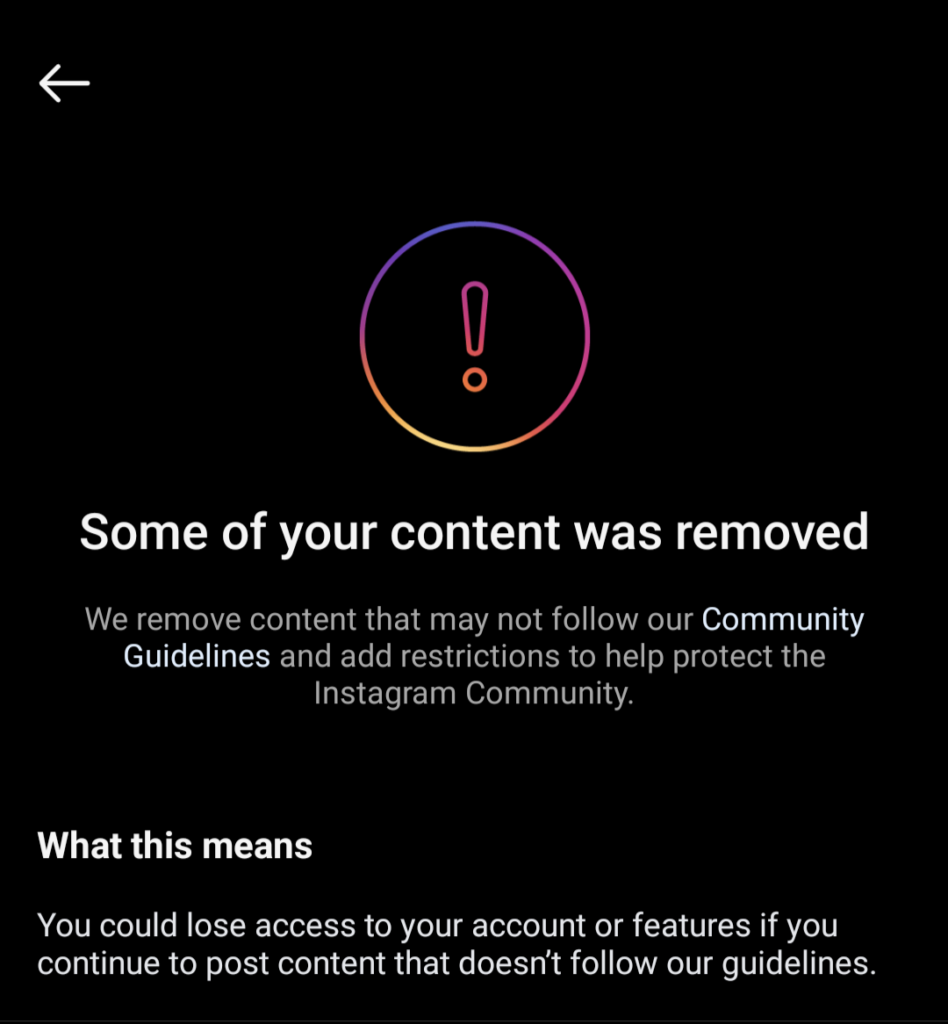Surviving Instagram: The Things You Learn From Suffering a Website

The internet secretly wants me dead. While not the internet exactly, a format for sharing files between researchers didn’t mean to grow into the dopamine munching social media machines that they are today, we can blame that on tech CEO’s and share holders. Being trans on the internet is an experience, one that’s changed a lot. For small town queers it was a way to connect and learn about ones self safely, to try new names and pronouns without having uncomfortable talks with parents and grandparents. If you came out after 2005 there’s a real chance you were queer on the internet first. Social media can be a place to collect and learn about yourself. Being trans on the internet is also a really fast way to also see how many people want you dead, something the algorithm is actually really excited to show you.
When you’re upset enough by something to comment, or pause in disbelief, Instagram knows, it sees that it got you, it logs the tenth of a cent your anger is worth, and it tries to show you more, and when your comment is clever enough or smart enough that people like it, it gives you likes, triggering the very powerful system of dopamine that comes from the evolutionary need to be social creatures. Essentially, for progress minded people with ADHD, it’s a vicious trap.
As an educator and someone who wants to grow, and be, and do more, the big question is now what? Should I stop joking about how it’ll soon be illegal to teach anything but agriculture in Saskatchewan? Should I stop laugh reacting when I see an AIR BNB go broke even though unregulated hotels destroyed housing in any BC town with a mountain or a lake? Should I stop cyber bullying the UCI after they banned trans women from competing for “the sake of women’s sports”, even though they barely televise or compensate female cyclists? Should I stop poking fun at the guy who ran for trustee locally on a campaign against SOGI & queer existence in schools, failed miserably, and now occasionally sends me vague DMs? The answer to all of this is yes, but not because greedy landlords, internet transphobes, bad cycling organizations or the government of Saskatchewan deserve kindness while trying to erase the existence of me and the people I care about. I need to stop being angry on the internet because I know deep down, that this isn’t good for me. (Does this count as reflective practice?)
Kino’s Quick Guide to Surviving Instagram if You’re Queer, Dopamine Seeking, or Just a Caring Person.
Try to Not
If you can just stay out of it it might genuinely bring you more peace, try to focus more on the real people around you then hateful internet strangers.
Remember that being afraid makes you angry: This might be too personal to be as universal as I think it is but it’s worth mentioning that students who act angry or unexpectedly may be doing so out of the same fear that occasionally gets my account suspended.
Don’t go to the comments looking for hurt:
It’s honestly best to not go at all most of the time. Luckily some people have started looking out for each other and often leave warnings to turn back. It’s sort of like if the online experience was an abandoned mineshaft or a driveway on Halloween. Instagram makes money by making you angry, Meta doesn’t deserve your energy and it doesn’t need the .001 of a cent it gets from ruining your afternoon.
This Was Supposed to be Flickr that People Actually Used
Instagram can be a great way to connect with others, find people that share your passions and interests, and share highlights from your life. Sure now it’s an angry bees nest full of influencers selling unrealistic lifestyles to push water bottles and T-shirts, but you can also connect to the things you care about. Learn to curate, you can access everything, anywhere kind of all of the time, as Educators and learners curating information is a big part of information being useful.
Use what you know:
Make a fake account if you can’t help yourself. It’s okay to need to vent about injustice but maybe an account without your face on it is the right place. Also there’s a bunch of words that are more or less instant reports in the algorithmic haphazard panopticon of Instagram. You can be aware of these and choose language carefully. You can also abuse them by tricking harmful accounts into using them and then reporting them, often causing the account to be banned. In a time of automation, bureaucracy and powerful tech companies, knowing how systems work can help you thrive despite them. Also if you struggle to unplug, learning empathy for yourself can help you learn empathy for students who are struggling with the same thing.
